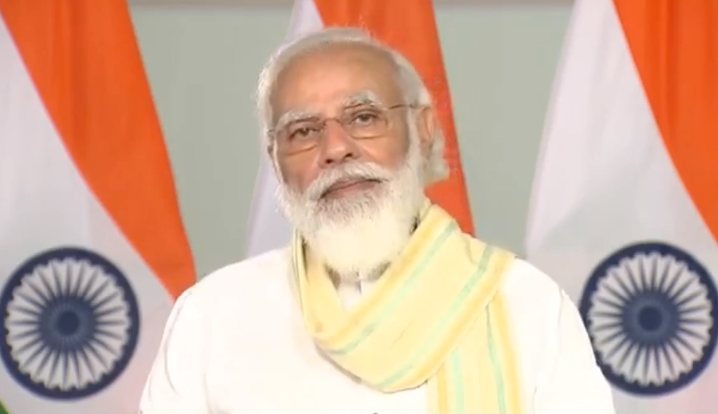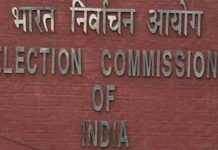 The Ministry of Science and Technology on Monday announced sweeping changes to the country’s mapping policy, specifically for Indian companies.
The Ministry of Science and Technology on Monday announced sweeping changes to the country’s mapping policy, specifically for Indian companies.
“What is readily available globally does not need to be restricted in India and therefore geospatial data that used to be restricted will now be freely available in India. Furthermore,our corporations and innovators are no longer subject to restrictions nor do they require prior approvals before they collect, generate, prepare, disseminate, store, publish, update digital Geospatial Data and Maps within the territory of India,” according to the official release.
“The existing regime imposed significant restrictions on the mapping industry – from creation to dissemination of maps, requiring Indian companies to seek licenses, follow a cumbersome system of pre-approvals and permissions. Compliance with these regulatory restrictions has subjected startups in India to unnecessary red tape, hindering Indian innovation in map technologies for decades,” the statement said.
“Our startups and mapping innovators will be trusted to self-certify, apply good judgement and be relied upon to demonstrate adherence to guidelines. In addition, measures to promote the development of Indian geospatial innovations that take advantage of the latest map-making technologies are proposed,” it added.
Prime Minister Narendra Modi said that the liberalising of policies governing the acquisition and production of geospatial data is a massive step in our vision for an Aatmanirbhar Bharat.
The reforms will benefit the country’s farmers, start-ups, private sector, public sector and research institutions to drive innovations and build scalable solutions.
The Prime Minister said “Our government has taken a decision that will provide a huge impetus to Digital India. Liberalising policies governing the acquisition and production of geospatial data is a massive step in our vision for an Aatmanirbhar Bharat.”
“The reforms will unlock tremendous opportunities for our country’s start-ups, private sector, public sector and research institutions to drive innovations and build scalable solutions. This will also generate employment and accelerate economic growth,” he said.
Modi further said, “India’s farmers will also be benefited by leveraging the potential of geo-spatial & remote sensing data. Democratizing data will enable the rise of new technologies & platforms that will drive efficiencies in agriculture and allied sectors.”
“These reforms demonstrate our commitment to improving ease of doing business in India by deregulation,” he added.












